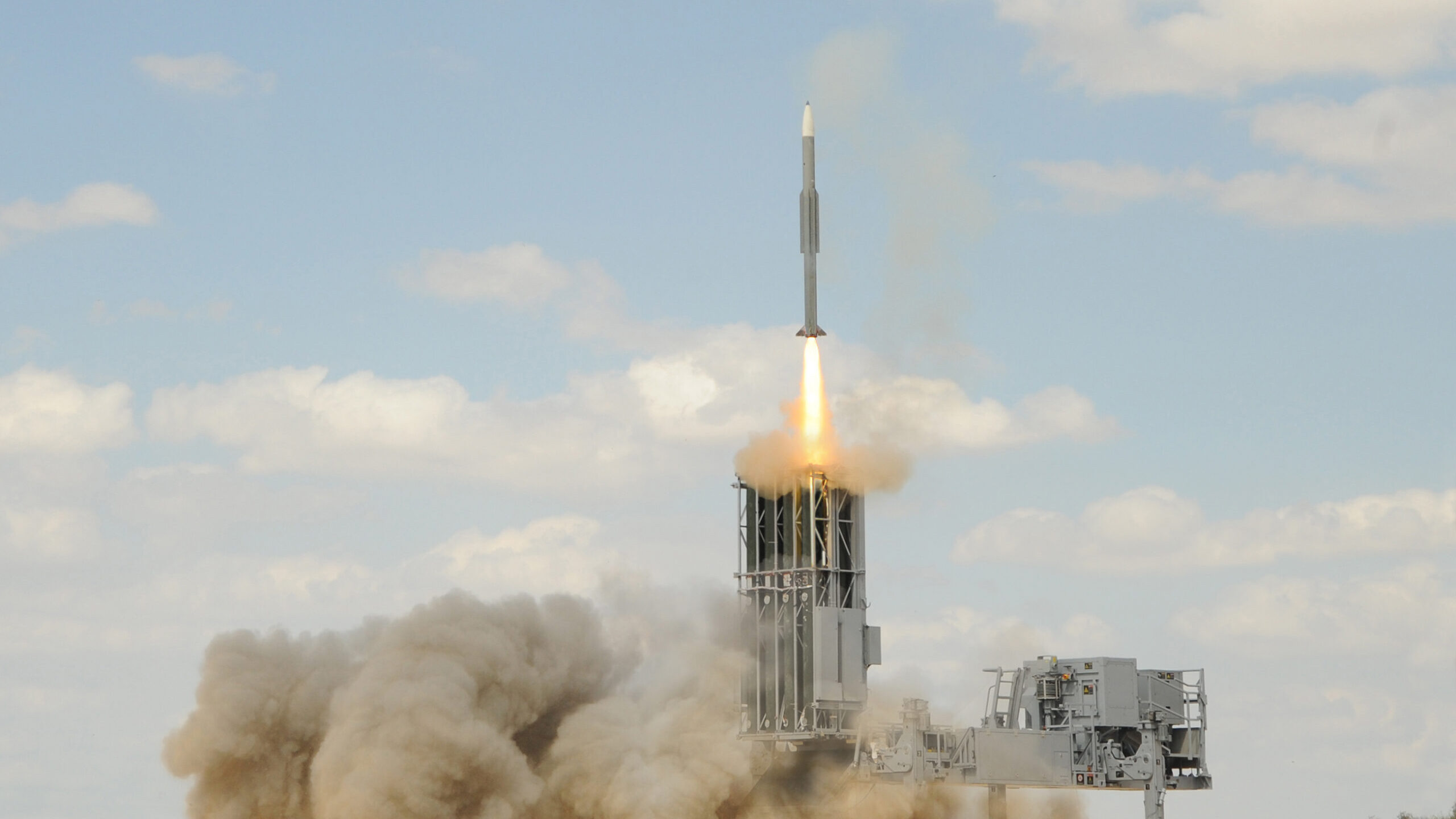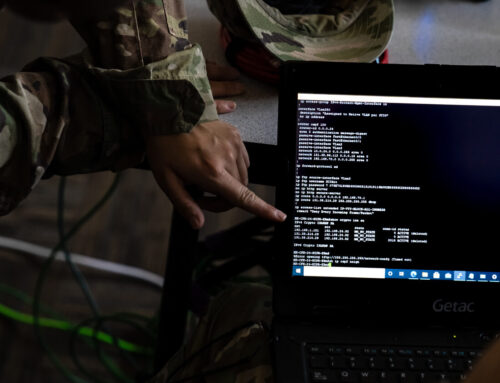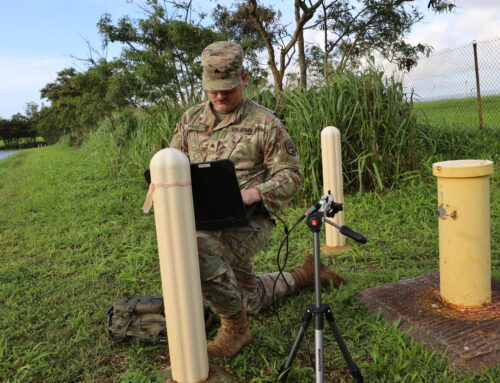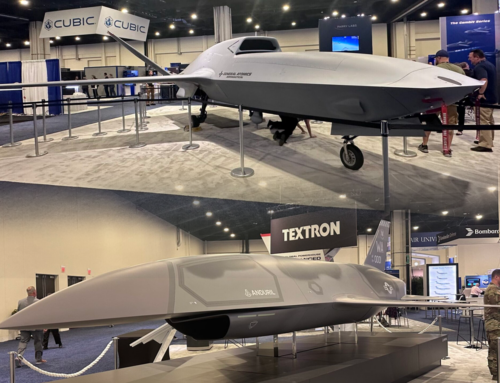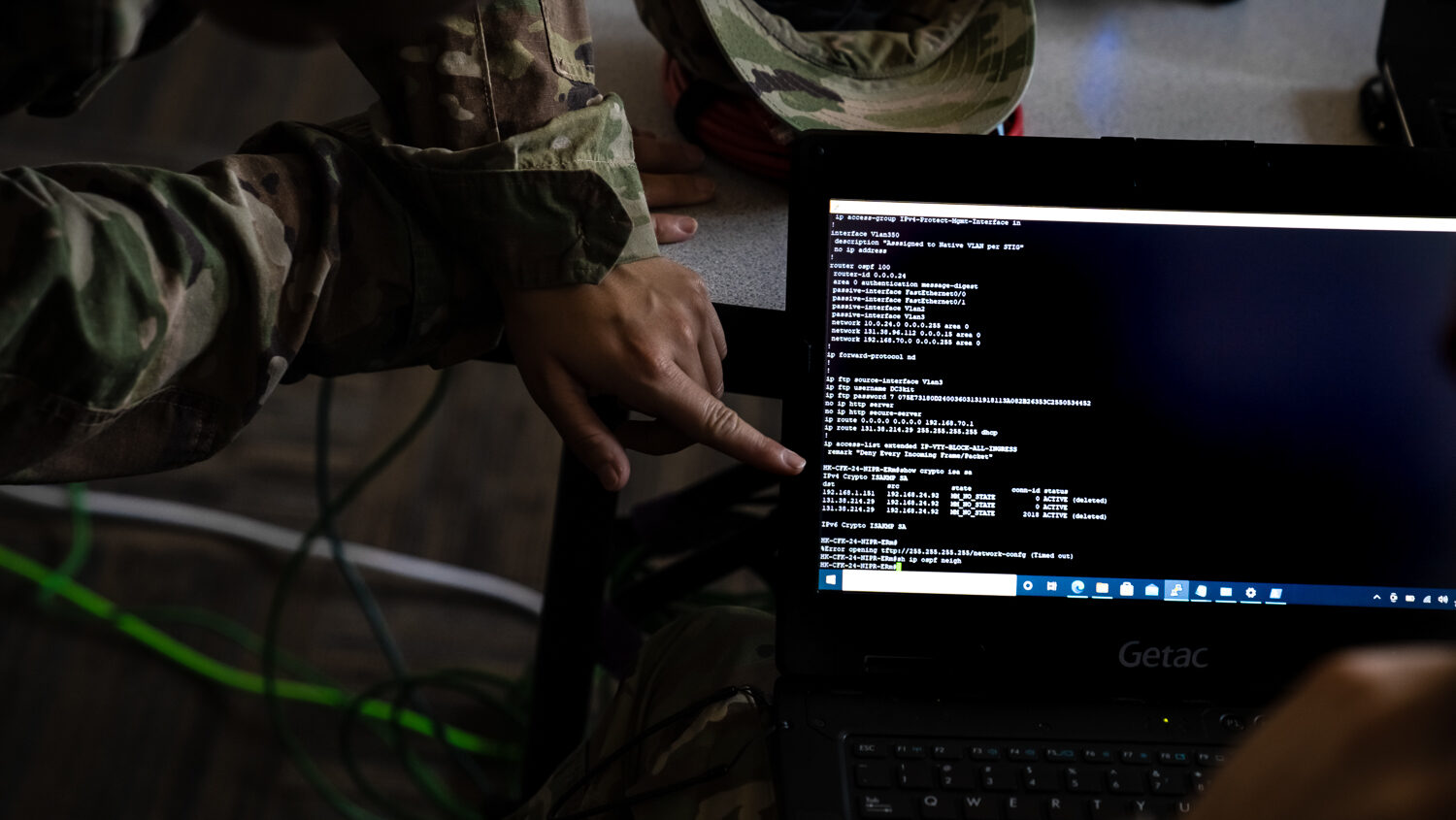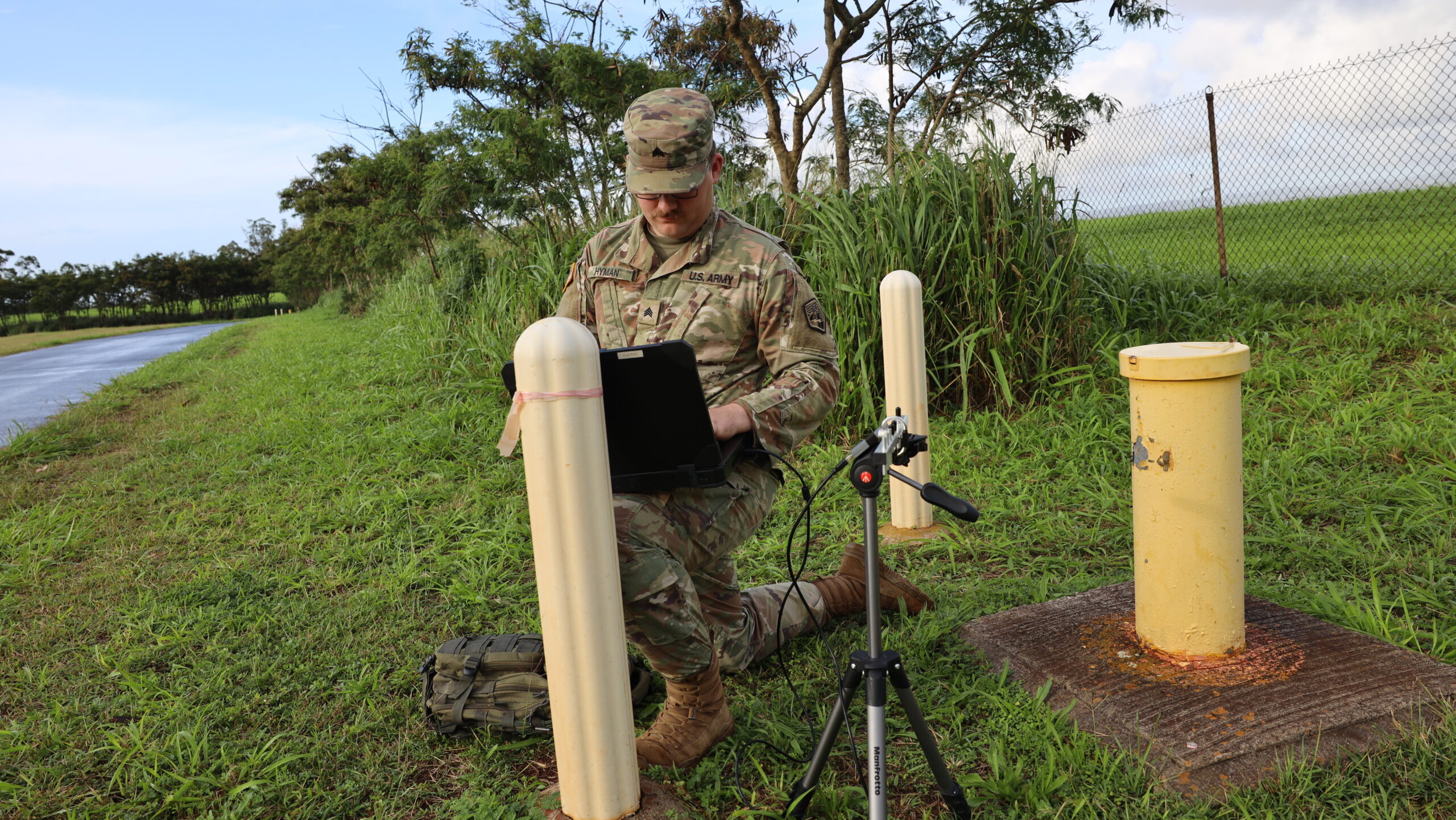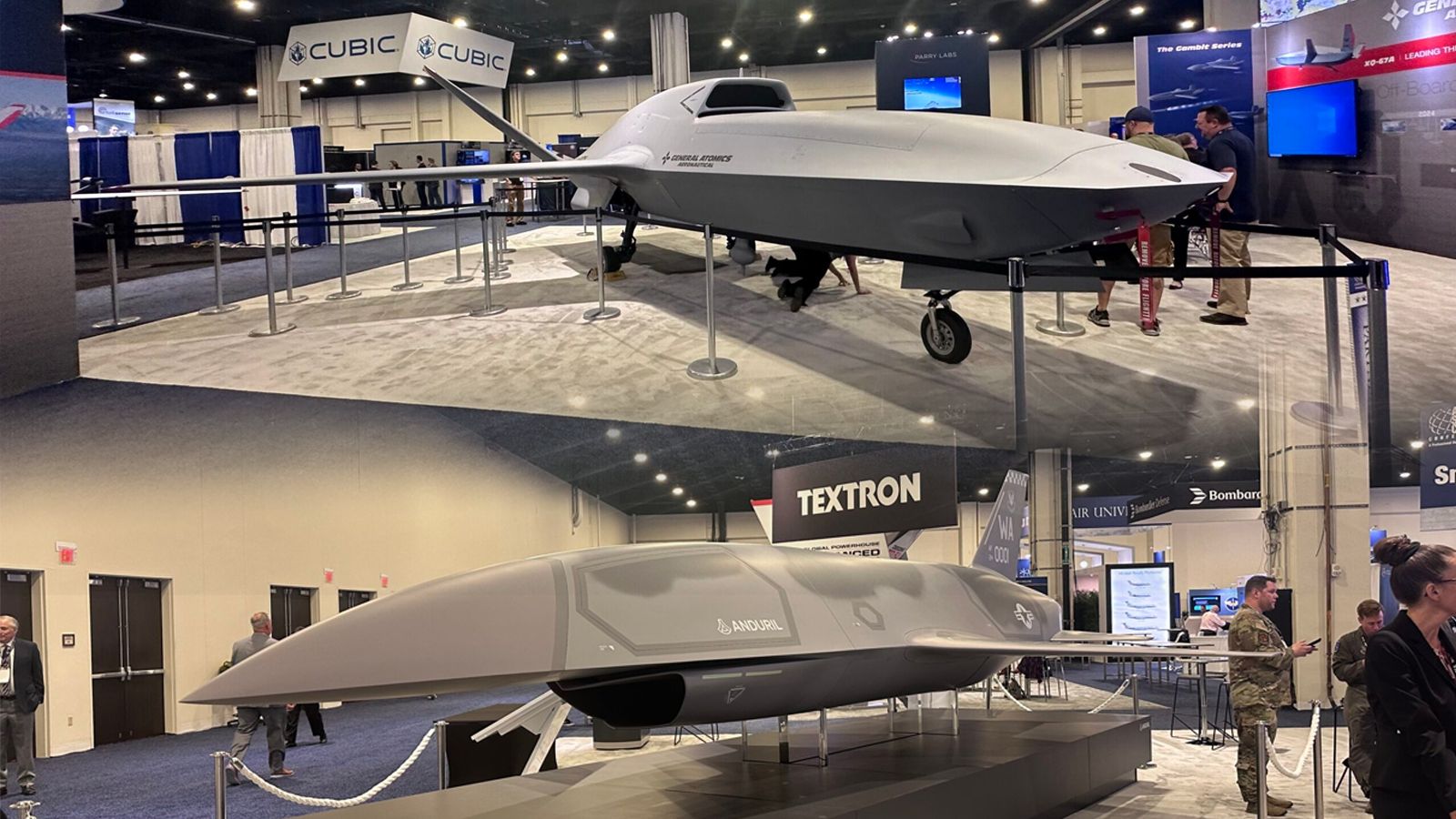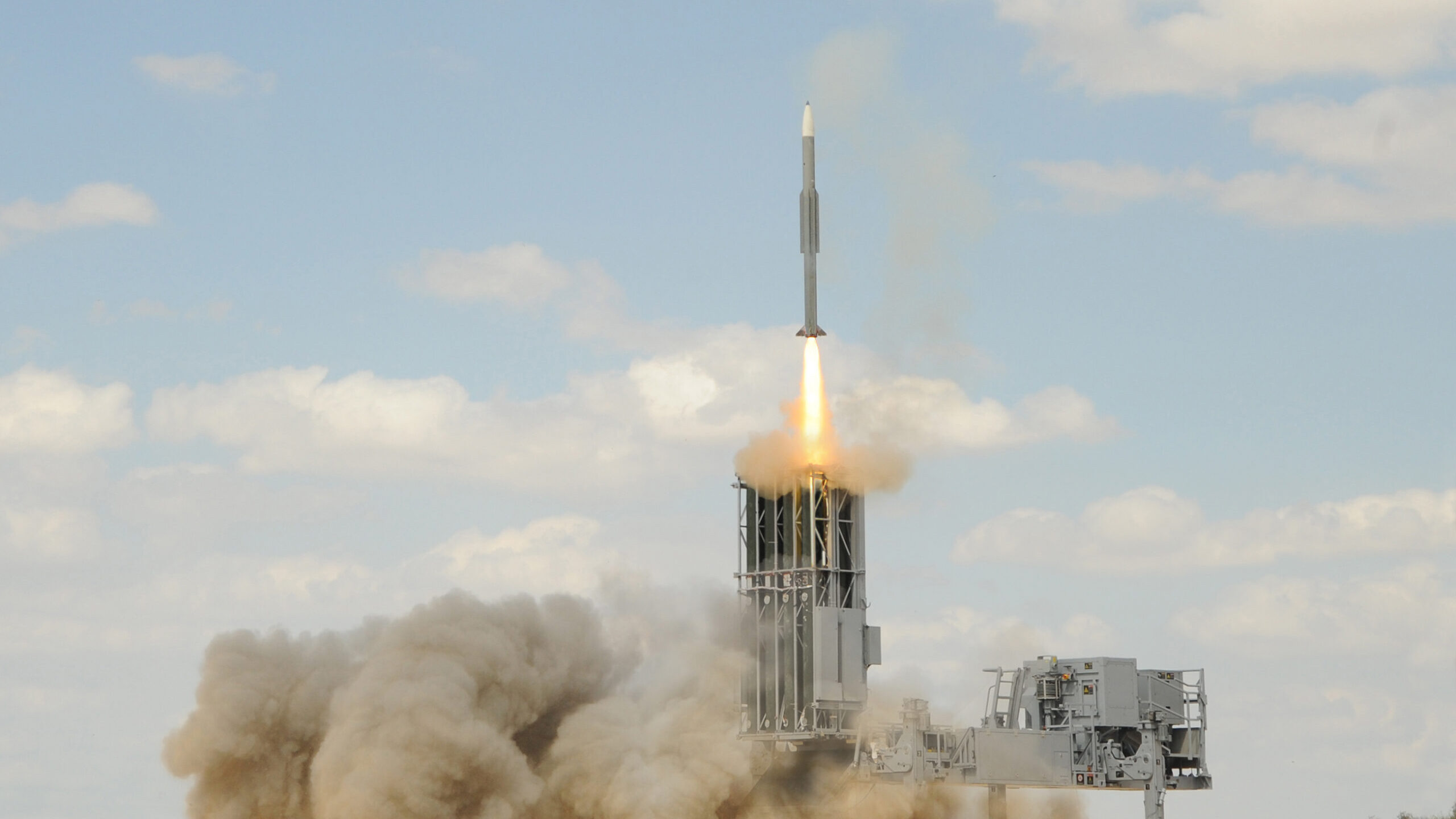
The launch of a Barack-8 interceptor. (IAI)
JERUSALEM — Slovakia has agreed to pay €560 million ($583 million) for the Israeli-made Barak MX air defense system, in a deal the Israeli Ministry of Defense hailed as the largest ever between the two nations.
The sale is the latest acquisition by a European government of Israeli air defenses, following agreements for Germany to buy the Arrow and Finland to buy David’s Sling.
“Defense exports are key to our security and economic strength,” Israel’s Director General of the Ministry of Defense Eyal Zamir said in an announcement Monday. The Barak MX was developed by Israel Aerospace Industries (IAI), which with the US also developed the Arrow.
The ministry described the deal as “marking a significant milestone in defense cooperation” between Israel and Slovakia.
“This landmark deal, orchestrated by the International Defense Cooperation Directorate of the Israel Ministry of Defense (SIBAT), will further strengthen the bond between the two nations and enhance Slovakia’s defense capabilities,” the ministry added. Slovakia has already acquired a number of Israeli systems in the last decade. In 2020 it selected the Spike LR2 anti-tank guided missile, which is made by Rafael Advanced Defense Systems. Bratislava also acquired radars from IAI subsidiary ELTA in 2021.
RELATED: Israel retires Patriot as native air defenses step up
According to the Israeli military, the Barak MX Integrated Air Defense System can protect against a number of threats, including ballistic missiles. “The system is known for its flexible capability to counter threats from various sources, including fighter jets, helicopters, UAVs, cruise missiles, surface-to-air missiles, and tactical ballistic missiles,” the ministry noted. It also added that the system has different types of interceptors for different ranges, out to 150 kilometers. The interceptors have “active radar seeker, dual-pulse engine, and powerful warhead, the system delivers unparalleled interception performance against a wide range of threats,” the ministry said.
Zamir said that the sale is part of a wider increase in Israeli defense exports that have taken place despite Israel’s involvement in combat operations against Hamas in Gaza and Hezbollah in Lebanon — at least until the Lebanese conflict cooled with a ceasefire recently. In addition to logistical issues, the conflict in Gaza especially presented a geopolitical challenge to the Israeli defense industry, typified by France’s refusal to allow Israeli companies attend high-profile defense shows in the country due to its conduct in Gaza.
RELATED: Iran says it shot down Israel’s attack. Here’s what air defense systems it might’ve used.
However, Zamir said Israeli defense technologies have proven themselves on the battlefield. “We’re seeing increased interest from more countries in the exceptional performance of the IDF [Israel Defense Force] and Israeli combat systems, both defensive and offensive,” he said, adding that exports “enable us to keep developing the next generations of the world’s most advanced combat systems.”
The head of SIBAT, Brig. Gen. (Res.) Yair Kulas, also praised the Slovakia deal for integrating “Israeli defense industry systems in European countries at NATO standards.”
Boaz Levy, the CEO of IAI, said that the agreement “underscores the system’s advanced technology, proven performance, and IAI’s commitment to delivering the world’s best air defense solutions in accordance with the requirements of Slovakia’s Ministry of Defence.”


